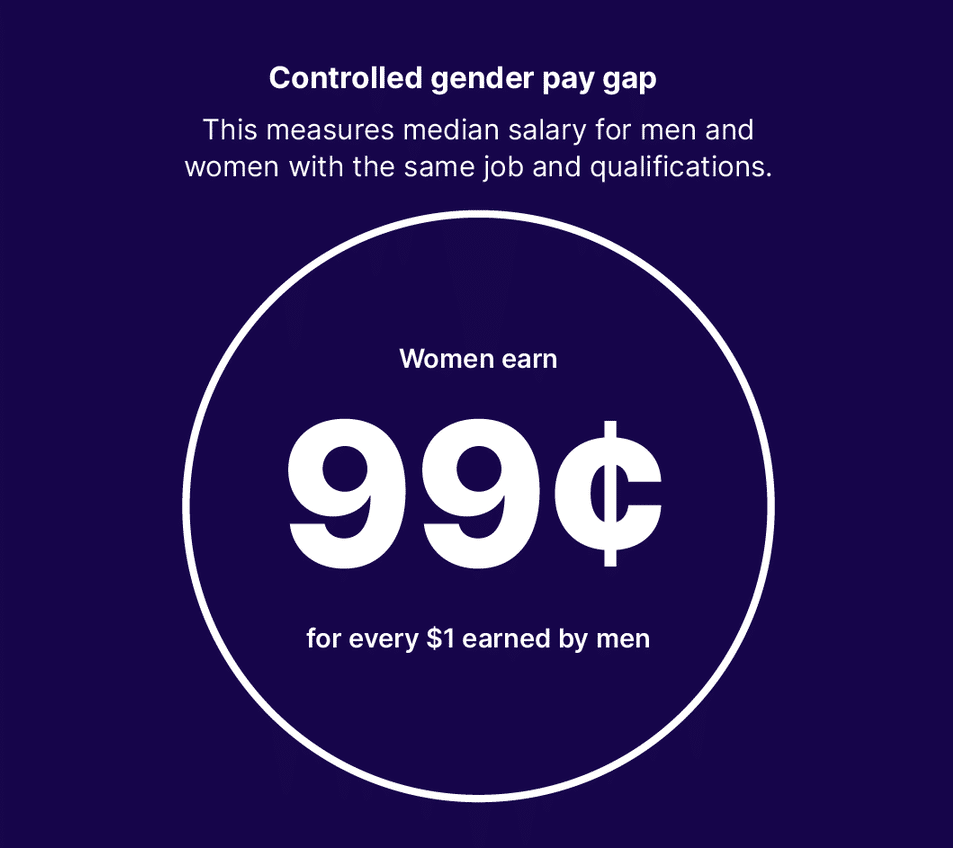Why women get paid less

James Parker
4 min read
Have you ever wondered why men and women often earn different amounts for similar work? In today's post, I'll show you the key factors that contribute to the gender pay gap.
The insights in this post helped me understand this topic better, and they will do the same for you. Let's dive right in!
Hours Worked
Did you know the number of hours we work each week plays a big part in the gender pay gap? Men typically work more hours than women. According to U.S. census data, men spend an average of 41 hours per week at their jobs, while women work 36.3 hours per week.
This difference in work hours is one of the main reasons why men and women earn different amounts. It's not just about the total hours but how these hours add up over time.
Hours worked in a week
Highest Paying Professions
When it comes to the highest-paying jobs, men and women often make different career choices. Men tend to be more interested in things and are more present in fields like engineering, while women often prefer jobs that involve working with people, like in healthcare.
These choices affect the gender pay gap, too. For example, female doctors are more likely to choose pediatrics over orthopedic surgery, which pays more.
Let's see what the top 10 highest-paying jobs and the gender distribution in each one.
Highest paying jobs by gender
Salary Negotiation
Another key factor is how men and women negotiate their salaries.
A recent study shows that nearly half (49%) of men say they negotiated their compensation within the past two years while only about one-third (32%) of women did.
This difference in negotiation choices can lead to a significant pay difference as careers progress.
Salary Negotiation In Last Two Years
Experience
Experience is a big deal in the workplace. The more experience you have, the more you're likely to earn.
However, career interruptions, often more common for women due to family responsibilities, can affect the total experience and, consequently, earnings.
Average Progress Of One's Salary Over Time
Other Contributing Factors
There are many other factors that contribute to the gender pay gap, such as education level, industry, company size, and location.
Things like performance reviews and work flexibility also play a role. Not to forget, men are more represented in risky jobs, which often pay more.
Controlled Gender Pay Gap
Controlled Gender Pay Gap measures the difference in pay between men and women performing the same job, with the same experience and qualifications.
When we consider all these factors, the gender pay gap narrows significantly.
A Payscale research shows that when everything is taken into account, women earn about 99 cents for every dollar that men make.
The remaining 1-cent difference can often be attributed to subtle factors like workplace biases and unmeasured variables such as negotiation tactics and natural skills differences.

Finally, I'd like to hear from you. Do you think women are treated unfairly in the workplace? Leave a comment below, and let me know!
